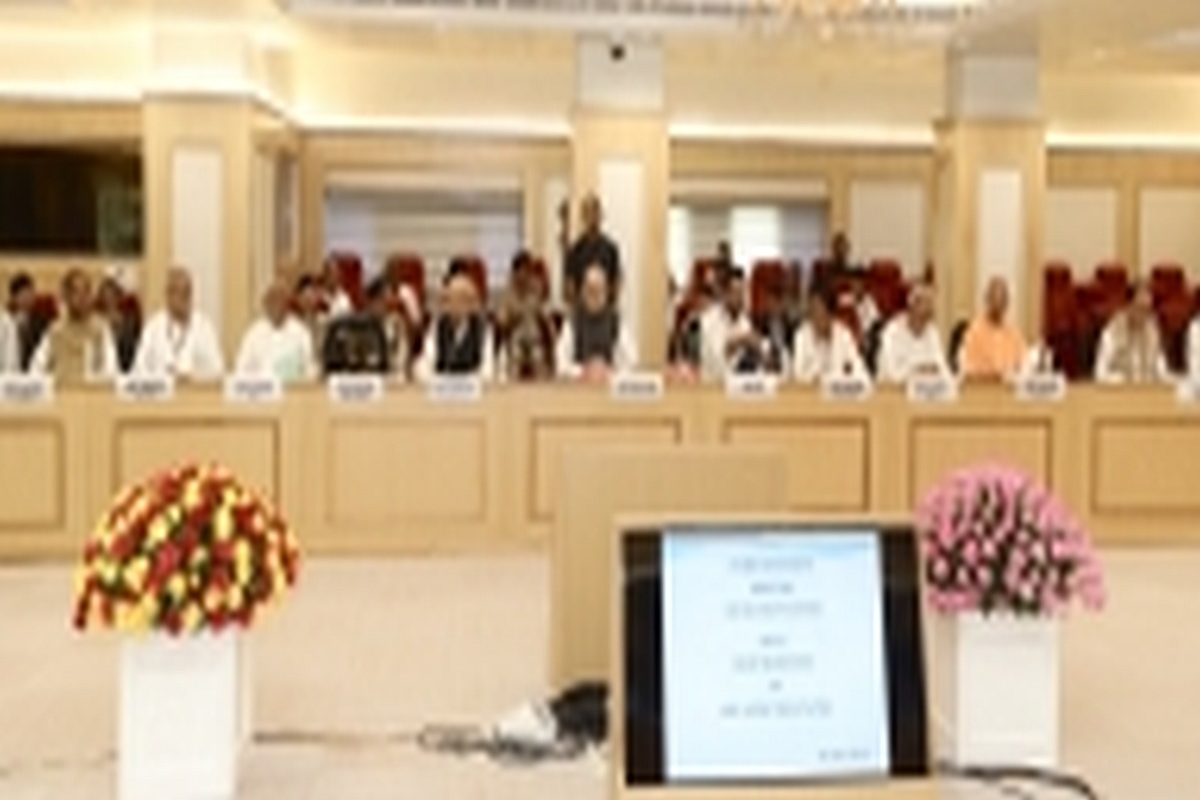Union Home Minister Amit Shah met the Chief Ministers of states affected by Naxalite violence on Monday and reviewed the operations being taken against insurgent groups and the development initiatives undertaken in the Naxal affected areas.
Shah chaired the meet attended by Chief Ministers and the representatives of these 10 states. Chief ministers Nitish Kumar from Bihar, Bhupesh Baghel from Chhattisgarh, Raghubar Das from Jharkhand, Naveen Patnaik from Odisha, Yogi Adityanath from Uttar Pradesh, Kamal Nath from Madhya Pradesh, besides representatives from Maharashtra, Telangana and Andhra Pradesh. Top police and civil officials of these Naxal affected states were also present in the meeting.
Advertisement
The meeting was held at Vigyan Bhawan here. Union Minister of State for Home G. Kishan Reddy, as well as top security officials including Home Secretary Ajay Kumar Bhalla, IB chief Arvind Kumar and Director Generals of paramilitary forces, also attended the meeting.
“The Home Minister wanted to review the ongoing operations in the Maoist-affected states, initiatives taken by the state governments and the developments so far there,” a Home Ministry official said, requesting anonymity.
According to Home Ministry statistics, 8,782 cases of Naxal violence were reported during 2009-13 as against 4,969 during 2014-18, a reduction of 43.4 per cent.
As many as 3,326 people, including security force personnel, lost their lives in 2009-13 as against 1,321 in 2014-18, a reduction of 60.4 per cent, the ministry said.
A total of 1,400 Naxalites were killed between 2009 and 2018. As many as 310 incidents of Maoist violence were reported in the first five months this year across the country in which 88 people were killed.
G Kishan Reddy had said last month that steadfast government policy has resulted in a consistent decline in violence and shrinkage in the geographical spread of Left Wing Extremism (LWE).
The central government is implementing special assistance for most Maoist-affected districts with an annual outlay of Rs 1,000 crore to fill critical gaps in public infrastructure and services.











